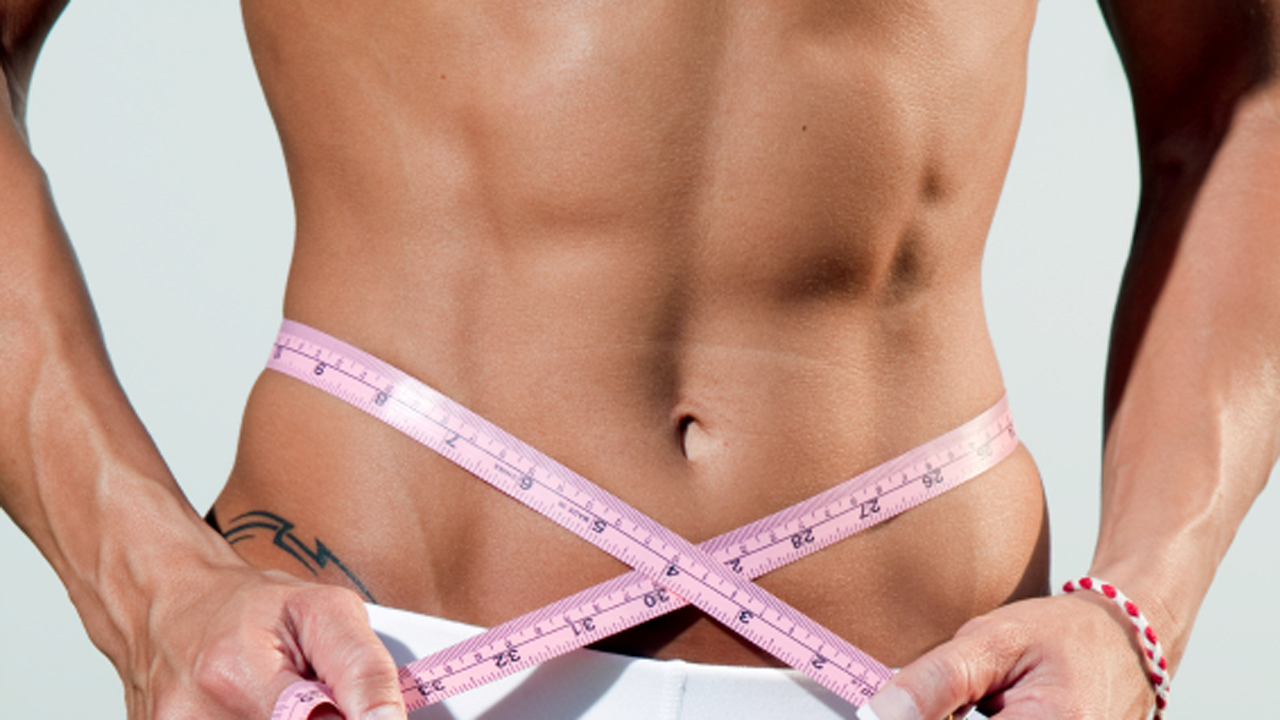Fat Burn – Weight Loss Patient Symptoms
Description
For many people, perhaps the most unpleasant side effect of aging is unwanted weight gain and the reduction of fat burn. Unfortunately, weight gain often occurs despite better eating habits and exercising, and for most people, it is difficult to lose.
Your weight is a balancing act, and calories are a big part of the balance. Fad diets promise you that, by counting carbs or eating excessive amounts of grapefruit, will make the pounds practically fall off, or fat burn. Everyone knows, though, that true weight loss means that calories that count and that without monitoring calorie intake, weight gain is almost inevitable. Weight loss is a matter of burning more calories than you take in. This can be done by reducing extra calorie intake from food and beverages, and burning more calories by increasing physical activity.
Once the weight loss equation is understood, weight-loss goals can be set and plans can be made for reaching those goals. Weight loss doesn’t have to be a solitary endeavor. Ask for the support of your doctor, family and friends. Make sure that it is the right time and if you’re prepared to make the necessary adjustments. You must also have a plan, anticipating how you’ll handle situations that challenge your resolve and setbacks, which may be minor but are probably inevitable.
If your weight causes serious health problems, your doctor may suggest a more drastic strategy such as weight-loss surgery or medications. If this is the case, you need to discuss with your doctor both the potential benefits and the possible risks.
What Patients Report
Patients are often frustrated by an increasing inability to lose weight or fat burn, even when dieting and exercising, especially around the midsection. Accepted by many as an unavoidable consequence of aging, weight gain means a lower quality of life for many people.
Patients report trying a variety of weight loss programs or plans that treat weight gain in isolation, without regard for other health issues.
What Primary Doctors Say
Doctors usually prescribe a diet regimen that includes portion control, consuming low calorie, low fat foods, keeping a food journal and other strategies (even if these diet strategies have not worked in the past) as well as exercise.
Just as it is easier to lose weight and keep weight off when we are in our teens, twenties, and thirties, hormones enable and increase the body’s ability to break down fat and improve muscle mass, leading to weight loss and fat burn as well as lowering cholesterol levels.
The bottom line! Successful weight loss requires a commitment to making indefinite changes in your diet and exercise habits.
How Does BHRT Affect Weight?
Bio-Identical hormone replacement therapy treats the whole patient and addresses the issues that a lack of, or diminishing, hormones cause. Just as most people found it easier to lose weight , fat burn like when they were younger, replacing lost hormones increases metabolism and improves overall health.

